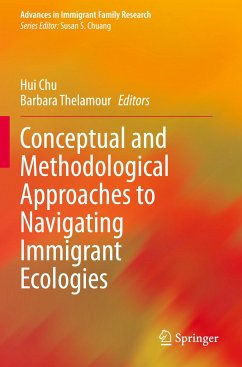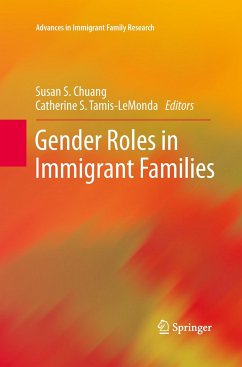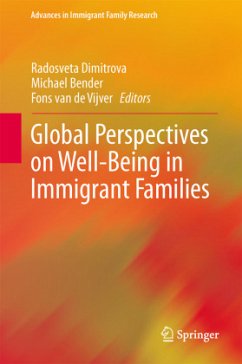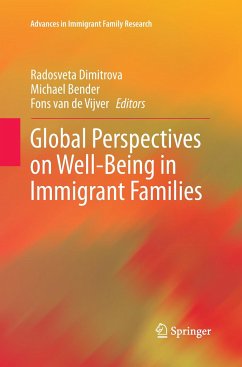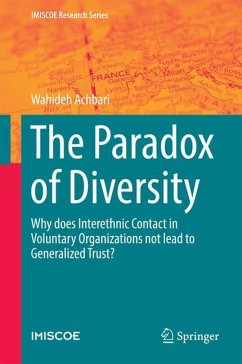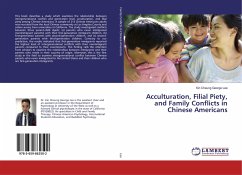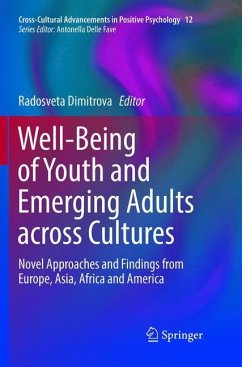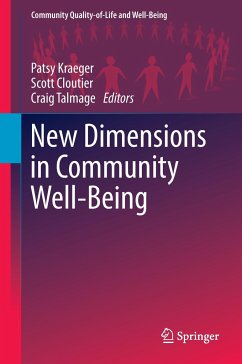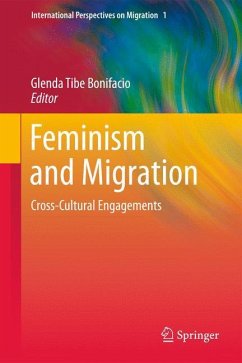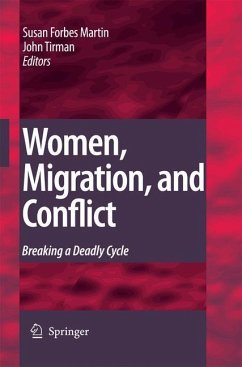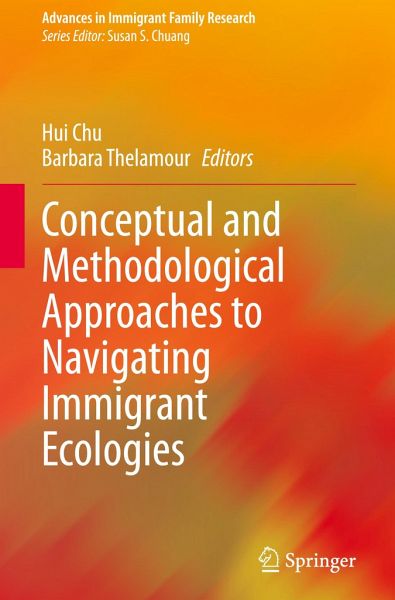
Conceptual and Methodological Approaches to Navigating Immigrant Ecologies

PAYBACK Punkte
19 °P sammeln!
This book compiles a series of empirical and conceptual chapters based on Bronfenbrenner's ecological theory as the framework for understanding the overlapping and intersecting contexts that influence different populations of migrants in the United States and Canada. According to Bronfenbrenner's model, individuals engage in activities and relationships that directly impact them, including families, schools, and jobs (microsystems), the interrelations among microsystems like family-school (mesosystems), contexts that have an impact on the individual through indirect influences (exosystems), an...
This book compiles a series of empirical and conceptual chapters based on Bronfenbrenner's ecological theory as the framework for understanding the overlapping and intersecting contexts that influence different populations of migrants in the United States and Canada. According to Bronfenbrenner's model, individuals engage in activities and relationships that directly impact them, including families, schools, and jobs (microsystems), the interrelations among microsystems like family-school (mesosystems), contexts that have an impact on the individual through indirect influences (exosystems), and the overarching cultural milieus in which members share values, beliefs, and lifestyles (macrosystems). Within this edited volume, family, school, work, media, policies, culture, and sociohistorical contexts are examined to understand their influence on immigrant groups. This edited volume also considers immigrants across development and ethnic groups to provide a comprehensiveresource on the issues that currently affect immigrant groups.





